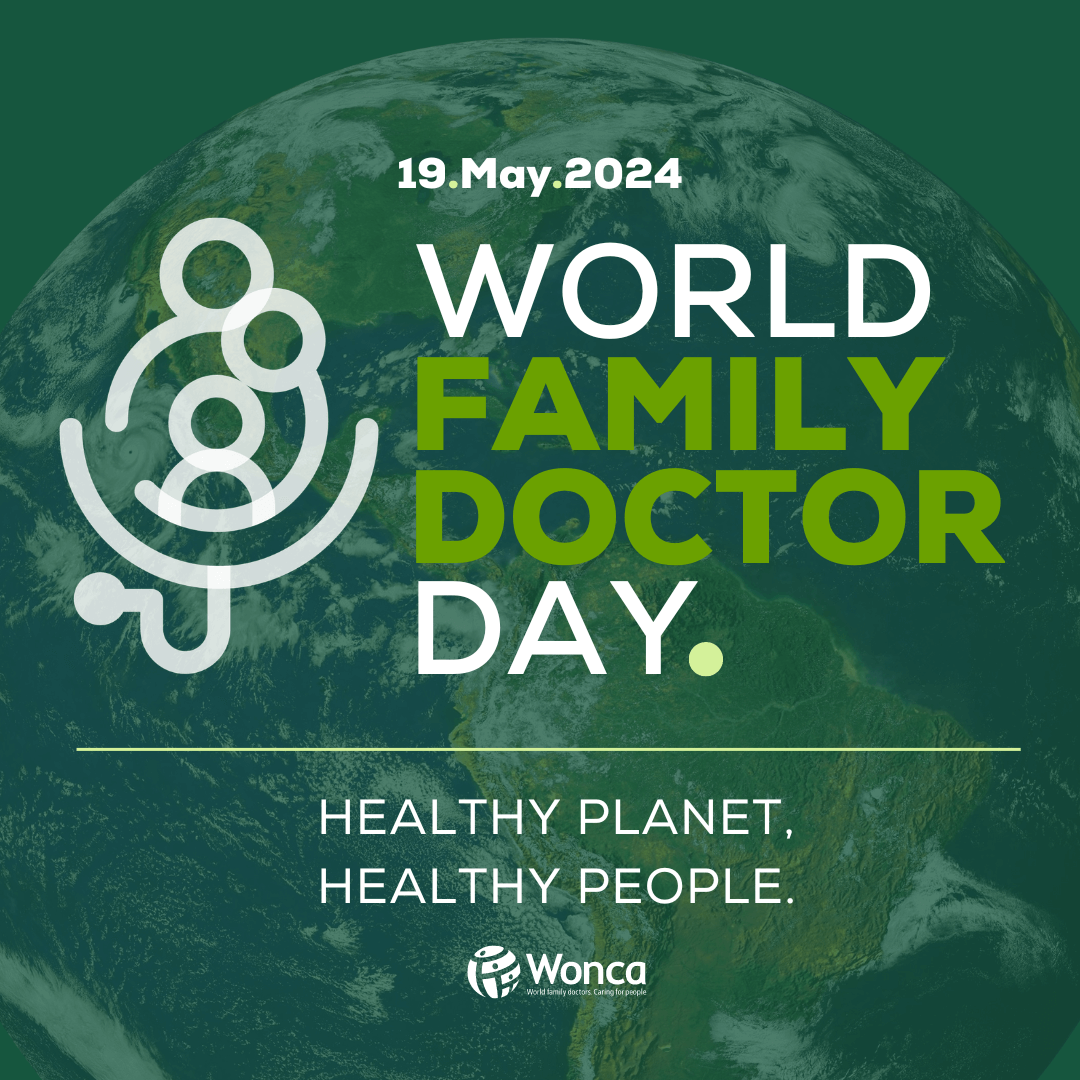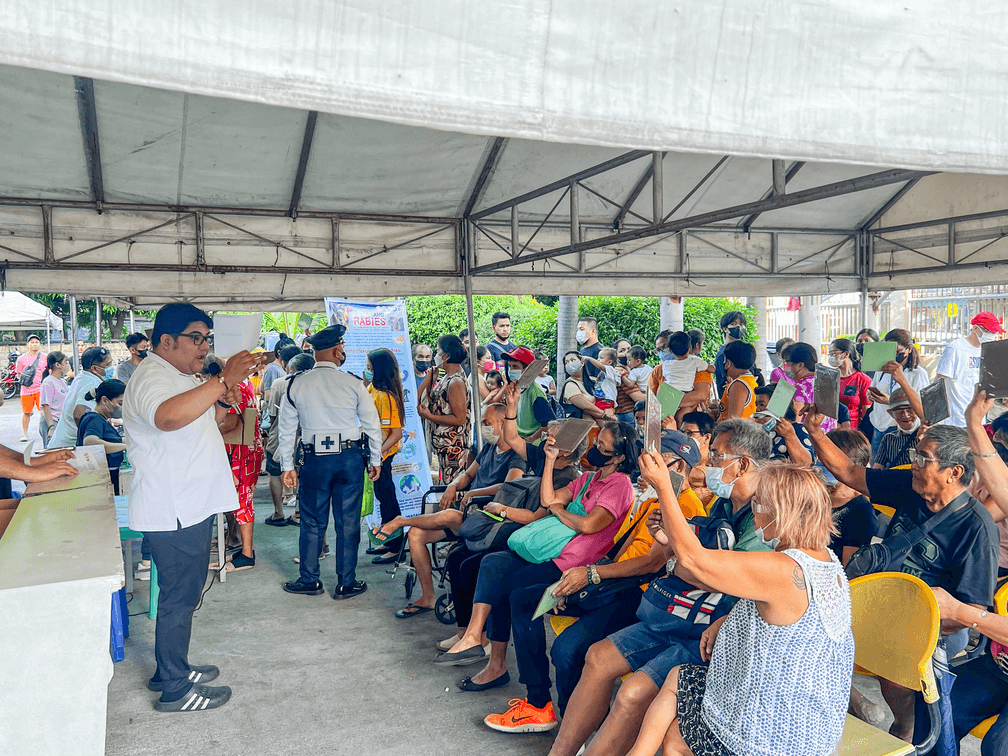Battling Paper Waste with Placards
Battling Paper Waste with Placards
 This is part of a series of articles written for World Family Doctor Day, 19 May 2024, on the theme "Healthy Planet, Healthy People".
This is part of a series of articles written for World Family Doctor Day, 19 May 2024, on the theme "Healthy Planet, Healthy People".
Mark Louie C. Mann, Philippines
Battling Paper Waste with Placards
 On World Family Doctor Day 2024, we proudly celebrate our journey towards sustainability in healthcare with a focus on the theme, "Healthy Planet, Healthy People." One of our most impactful initiatives has been transitioning from traditional paper assessments to reusable placards, marking a significant step towards reducing waste and promoting eco-friendly practices in our healthcare setting.
On World Family Doctor Day 2024, we proudly celebrate our journey towards sustainability in healthcare with a focus on the theme, "Healthy Planet, Healthy People." One of our most impactful initiatives has been transitioning from traditional paper assessments to reusable placards, marking a significant step towards reducing waste and promoting eco-friendly practices in our healthcare setting.
In our department, we usually conduct public health education sessions 4-5 times per month, with 70-100 patients waiting in the OPD as our audience. Part of our assessment involves giving a pre-test and post-test activity to gauge the patients’ knowledge. Before the “placards” initiative, we typically printed the questionnaire, using 100-200 pages of paper per session.
The decision to shift from paper assessments to placards was born out of a collective commitment to sustainability and a recognition of the environmental impact of our daily practices. We realized that the constant use of paper for assessments contributed to deforestation and generated significant waste that ended up in landfills.
Adopting placards for assessments, we embraced a circular approach to resource management. Instead of single-use paper assessments, we now have durable placards that can be used repeatedly for various health education sessions and evaluations. This eliminates the need for continuous paper production and reduces the consumption of other resources associated with printing, such as ink and energy.
Moreover, using placards aligns perfectly with our mission to promote health education and awareness in our community. The visually engaging nature of placards enhances the learning experience for both patients and healthcare providers, facilitating better understanding and retention of important health information.
Beyond the environmental benefits, the transition to placard-based assessments has also yielded practical advantages for our healthcare setting. We have streamlined our processes, saved time and resources previously spent on printing and distributing paper assessments, and minimized storage requirements for bulky paper documents.
Most importantly, this initiative has sparked a culture of sustainability within our healthcare facility. It has inspired conversations about our environmental impact and encouraged staff and patients alike to think critically about how we can reduce waste and promote eco-friendly practices in all aspects of our lives.
As we celebrate World Family Doctor Day 2024, we invite others to embrace sustainable healthcare solutions for the betterment of our planet and the health and well-being of all people. Together, we can create a healthier future for generations to come.
